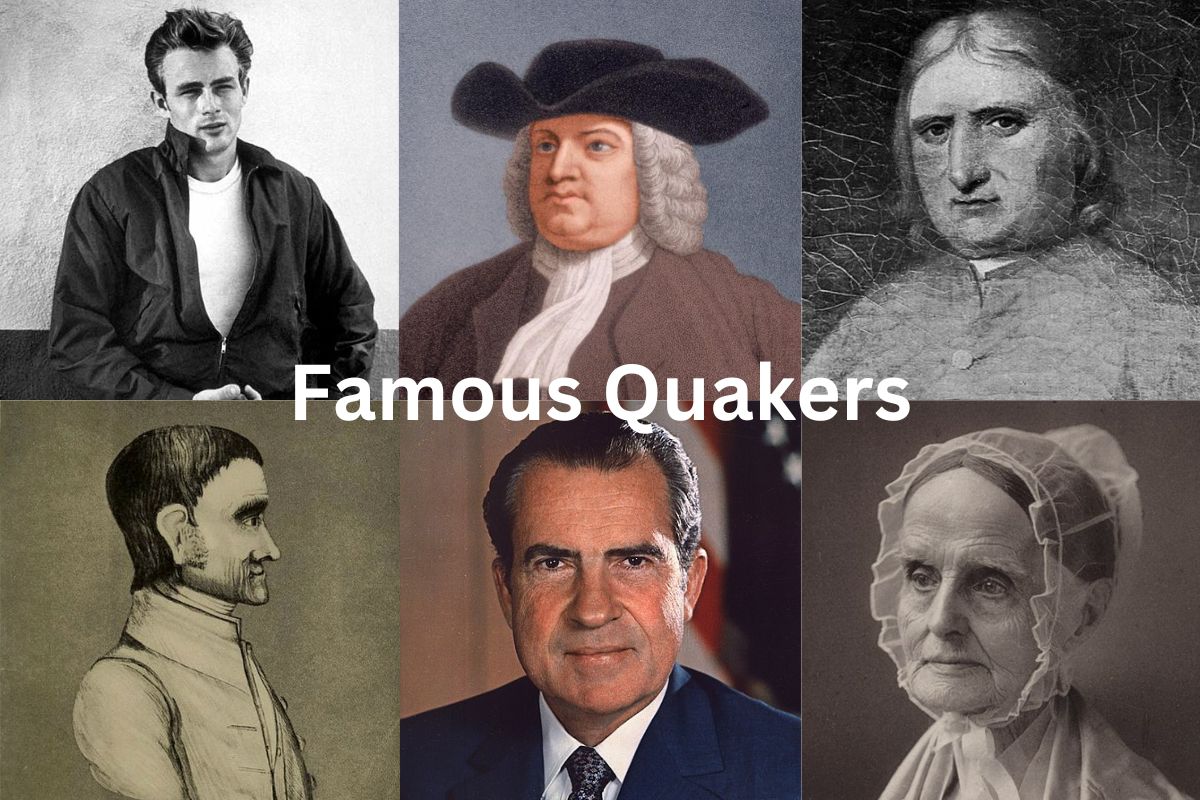Quakers, also known as the Religious Society of Friends, are a religious group known for their beliefs in simplicity, equality, peace, and social justice.
Founded in England in the 17th century by George Fox, Quakerism emerged as a dissenting Christian movement that emphasized the importance of individual spiritual experience and direct communion with God, rather than relying on clergy or formal rituals.
Quakers believe in the concept of the “Inner Light,” which refers to the presence of God’s spirit within each individual. This belief shapes their commitment to equality, as they view all people as inherently equal and deserving of respect.
Quakers are also known for their pacifism, opposing violence and warfare in all forms. They have played significant roles in various social justice movements throughout history, including the abolition of slavery, women’s suffrage, and civil rights.
Throughout history, Quakers have made significant contributions in various fields, including politics, activism, literature, and social reform. Their commitment to peace, equality, and humanitarian causes has left a lasting impact on society.
While the list of famous Quakers provided earlier highlights notable individuals associated with Quakerism, it is important to recognize that Quakerism is a diverse religious tradition with followers from all walks of life, making positive contributions in various spheres of society.
Famous Quakers
1. William Penn
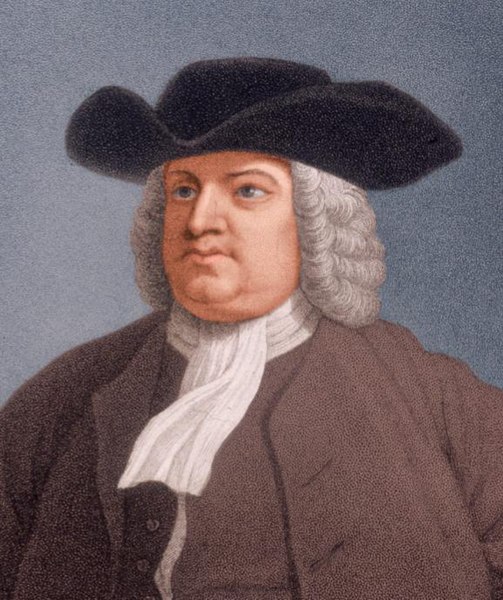
William Penn (1644-1718) was an English real estate entrepreneur, philosopher, and religious reformer who played a significant role in the founding of Pennsylvania, a colony in North America that became a haven for religious freedom and a model of democratic governance. Penn was born into an Anglican family but later converted to Quakerism.
As a Quaker, Penn faced persecution and imprisonment due to his religious beliefs. In 1681, King Charles II granted him a charter for a new colony in America, which he named Pennsylvania in honor of his father. Penn envisioned Pennsylvania as a place where Quakers and other religious groups could live together in harmony and practice their faith freely.
Also Read: Puritans vs Quakers
Penn established a framework for governance in Pennsylvania called the Charter of Privileges, which emphasized principles of religious freedom, fair treatment of Native Americans, and representative government. He also promoted democratic ideals, including the concept of a written constitution and a belief in the power of the people.
Beyond his role as a colonial founder, Penn was an influential advocate for religious liberty and pacifism. He wrote extensively on these subjects, including his most notable work, “No Cross, No Crown,” which explored the connection between true Christianity and ethical living.
Penn’s legacy extends beyond the founding of Pennsylvania. His ideas and principles influenced the development of American democracy and religious freedom, and his commitment to peace and justice resonates with Quaker values to this day.
2. George Fox
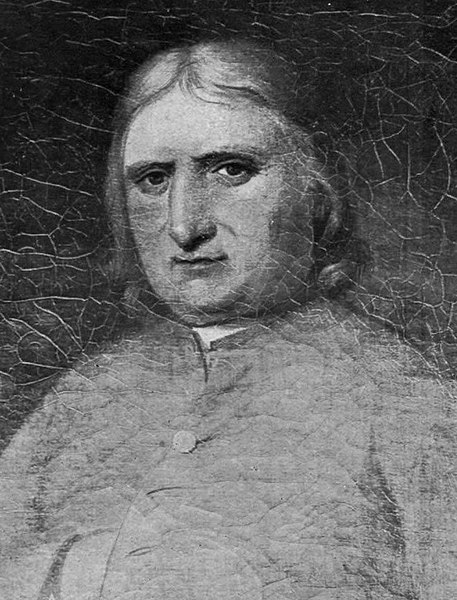
George Fox (1624-1691) was an English religious leader and the founder of the Religious Society of Friends, commonly known as Quakers. He was born in Leicestershire, England, into a puritan family and experienced a spiritual awakening in his early twenties.
In his search for spiritual truth, Fox became disillusioned with the established churches of his time and embarked on a quest for a more personal and direct experience of God. He believed that every individual could have a direct relationship with God through the “Inner Light,” which he described as a divine spark or presence within each person.
Fox began preaching his message, traveling extensively throughout England and beyond. His powerful sermons and charismatic personality attracted many followers, and the Quaker movement rapidly grew in numbers and influence.
Quakers faced persecution and opposition due to their unconventional beliefs and practices. Fox himself was imprisoned several times for his religious activities. Despite this, he continued to advocate for religious freedom and the rights of Quakers to practice their faith without interference.
Fox emphasized the importance of integrity, simplicity, and equality in Quaker worship and daily life. He encouraged his followers to live out their faith in all aspects of their lives and reject outward forms and ceremonies. Quaker meetings were characterized by silent worship, with individuals speaking only when moved by the Inner Light.
George Fox’s teachings and leadership had a profound impact on the development of Quakerism. His writings, including his journal, letters, and various treatises, continue to be valued as foundational texts for Quakers.
His legacy as a spiritual leader, social reformer, and advocate for religious freedom endures within the Quaker community and has influenced broader movements for social justice and equality.
3. Margaret Fell
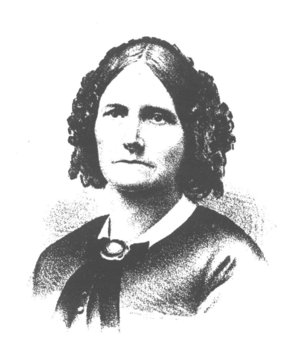
Margaret Fell (1614-1702), also known as Margaret Fox, was an influential figure in the early Quaker movement and played a crucial role in its development and spread. She was born Margaret Askew in England and later married Judge Thomas Fell.
Fell first encountered Quakerism in 1652 when she heard George Fox speak. She was deeply moved by his message and became one of the earliest and most prominent converts to the Quaker faith.
Fell’s home, Swarthmoor Hall, became a center for Quaker activities and gatherings, hosting meetings and providing a place of refuge for persecuted Quakers.
Fell played a significant role in organizing and shaping the Quaker movement. She was a prolific writer, defending Quaker beliefs and practices against criticism and persecution.
One of her most well-known works is “Women’s Speaking Justified,” in which she argued for the right of women to preach and participate fully in religious meetings—an important step toward gender equality within the Quaker community.
Due to her prominence and influence, Fell faced her own share of persecution. She was imprisoned several times for her Quaker activities and endured hardships for her faith. Despite these challenges, she remained steadfast in her commitment to Quakerism and continued to advocate for its principles.
Fell’s contributions extended beyond the religious sphere. She was actively involved in social justice causes, including her efforts to improve the conditions of prisons and to promote education. Her advocacy for religious tolerance and her belief in the inherent equality of all people had a lasting impact on Quaker beliefs and practices.
4. Lucretia Mott
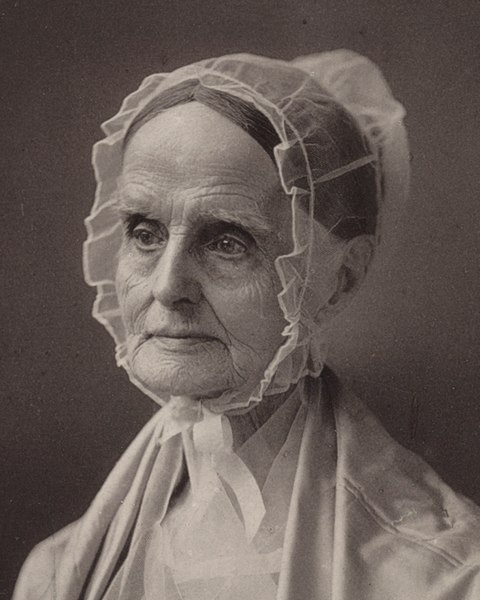
Lucretia Mott (1793-1880) was a prominent American Quaker abolitionist, women’s rights advocate, and social reformer. She was born in Nantucket, Massachusetts, and grew up in a Quaker community that emphasized equality and social justice.
Mott’s involvement in activism began with her dedication to the abolitionist movement. She and her husband, James Mott, were both ardent opponents of slavery and worked tirelessly for its abolition. Mott was an eloquent and persuasive speaker, known for her passionate anti-slavery speeches and her belief in the equality of all human beings.
In 1840, Mott attended the World Anti-Slavery Convention in London, where she faced discrimination and exclusion because she was a woman. This experience deepened her commitment to women’s rights and led her to become a leading figure in the emerging women’s suffrage movement.
Alongside Elizabeth Cady Stanton, Mott organized the Seneca Falls Convention in 1848, which marked a pivotal moment in the struggle for women’s rights in the United States. She was a key author of the Declaration of Sentiments, which demanded equal rights for women, including the right to vote.
Mott’s activism was rooted in her Quaker faith, which emphasized the equality and inherent worth of all individuals. She believed that women’s rights and the abolition of slavery were interconnected struggles for justice and equality.
Throughout her life, Mott continued to fight for various causes, including peace, temperance, and educational reform. She traveled extensively, delivering speeches and inspiring others to join the movements for social change. Mott’s commitment to nonviolence and peaceful protest set an example for future generations of activists.
Lucretia Mott’s contributions to the abolitionist and women’s rights movements were significant and far-reaching. Her courage, intelligence, and unwavering dedication to social justice continue to inspire and influence activists fighting for equality and human rights.
5. John Woolman
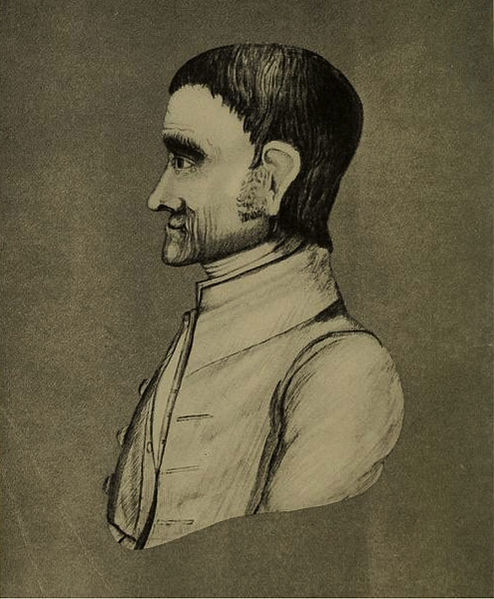
John Woolman (1720-1772) was an American Quaker preacher, writer, and abolitionist who played a pivotal role in the early anti-slavery movement. He was born in New Jersey and raised in a Quaker family that instilled in him the values of simplicity, integrity, and equality.
Woolman is best known for his writings and activism against slavery. In the 1750s, he began traveling throughout the American colonies, visiting Quaker communities and urging them to renounce the practice of slaveholding.
Woolman believed that slavery was not only a violation of human rights but also a spiritual and moral stain on the Quaker community and society as a whole.
In addition to advocating for the abolition of slavery, Woolman promoted fair treatment of Native Americans and sought to improve their living conditions. He believed in the inherent worth and dignity of all human beings and worked to foster understanding and respect among different groups.
Woolman’s approach to activism was rooted in his Quaker faith and his commitment to nonviolence and peaceful persuasion. He would engage in personal conversations and dialogues with slaveholders, aiming to awaken their moral consciousness and encourage them to free their enslaved individuals.
His gentle yet persistent efforts had a profound impact on the Quaker community, helping to shift their collective conscience and leading many Quakers to emancipate their slaves.
Woolman’s writings, particularly his journal, became influential texts that captured his deep spiritual reflections, ethical insights, and anti-slavery arguments. His journal was published posthumously and continues to be studied and revered for its powerful testimony against slavery and its exploration of moral and social issues.
6. Isaac T. Hopper
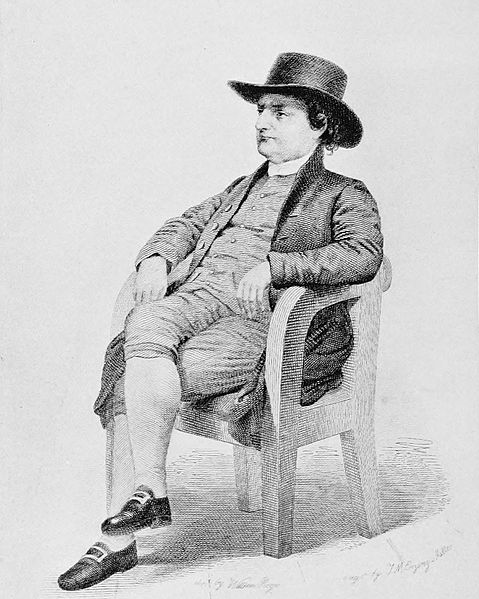
Isaac Tatem Hopper (1771-1852) was an American Quaker abolitionist and social reformer known for his tireless efforts in aiding fugitive slaves and advocating for their rights. He was born in New Jersey and raised in a Quaker family that instilled in him a strong sense of justice and compassion.
Hopper began his activism in the late 18th century, joining the Society for the Relief of Free Negroes Unlawfully Held in Bondage, an organization dedicated to assisting enslaved individuals in gaining their freedom.
He later became a prominent figure in the Underground Railroad, a network of secret routes and safe houses that helped enslaved people escape to freedom.
Hopper’s approach to aiding fugitive slaves was characterized by creativity, resourcefulness, and empathy. He employed various strategies to outsmart slave catchers and assist escaped slaves, such as using disguises, providing financial support, and offering legal assistance.
Hopper also established a network of safe houses and worked closely with other abolitionists to facilitate successful escapes.
Beyond his work with the Underground Railroad, Hopper was a staunch advocate for the rights of African Americans and other marginalized groups. He fought against racial discrimination and was instrumental in establishing organizations that provided education and support for freed slaves.
Hopper’s commitment to justice extended beyond the issue of slavery. He was involved in various social reform movements, including prison reform, mental health reform, and the rights of Native Americans. He advocated for fair treatment of prisoners, improvements in prison conditions, and the abolition of capital punishment.
Hopper’s efforts were guided by his Quaker beliefs in the inherent worth and equality of all individuals. He saw his work as a manifestation of his faith and a way to put into action the principles of peace, justice, and compassion.
Isaac T. Hopper’s contributions to the abolitionist movement and social justice continue to be celebrated. His unwavering commitment to freedom, equality, and human rights serves as an inspiration for generations of activists and reformers striving for a more just and inclusive society.
7. Rufus Jones
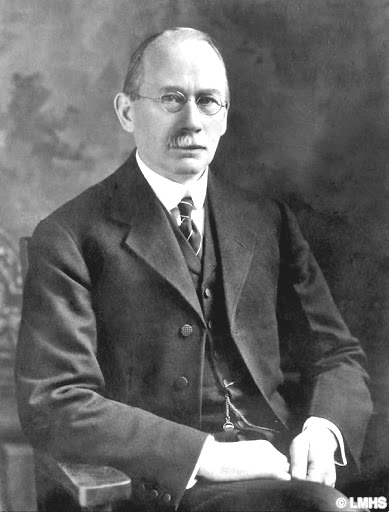
Rufus Matthew Jones (1863-1948) was an American Quaker philosopher, writer, and educator who made significant contributions to the fields of religious thought, mysticism, and peace advocacy. He was born in Maine and grew up in a Quaker family that deeply influenced his worldview.
Jones is best known for his exploration of Quakerism and his efforts to articulate its principles and values in a modern context. He emphasized the importance of the Quaker concept of the “Inner Light,” the belief in the presence of the divine within each individual, and its implications for personal and social transformation.
His writings, including “The Inner Life,” “Quakers in the American Colonies,” and “The Trail of Life in the Middle Years,” sought to interpret and preserve the Quaker tradition.
In addition to his work as a philosopher and theologian, Jones was actively involved in peace and social justice advocacy. He was a strong opponent of war and militarism and became a prominent figure in the peace movement.
Jones served as the chairman of the American Friends Service Committee (AFSC) during World War I and worked tirelessly to promote peaceful resolutions to conflicts.
Jones was also an advocate for education and served as the president of Haverford College, a Quaker institution in Pennsylvania, from 1918 to 1934. During his tenure, he championed liberal arts education and emphasized the importance of moral and spiritual development in addition to intellectual pursuits.
Throughout his life, Rufus Jones traveled extensively, delivering lectures and promoting Quaker values and principles. He had a profound impact on both Quaker and non-Quaker audiences, influencing religious thought and fostering interfaith dialogue.
8. Elizabeth Fry
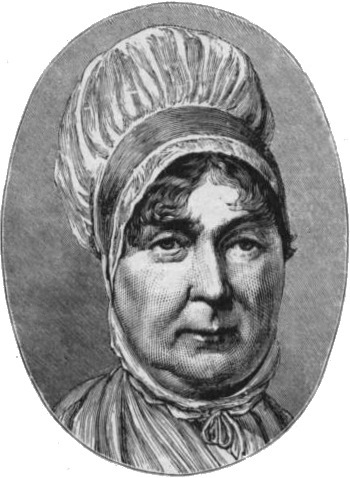
Elizabeth Fry (1780-1845) was a British Quaker philanthropist and social reformer known for her pioneering work in prison reform and her advocacy for the rights and welfare of prisoners. She was born Elizabeth Gurney into a prominent Quaker family in Norwich, England.
Fry’s interest in prison reform began in 1813 when she visited Newgate Prison in London and was deeply moved by the deplorable conditions and mistreatment of female prisoners. Determined to make a difference, she began visiting prisons regularly, providing practical support, such as clothing, food, and educational opportunities, to improve the lives of prisoners.
Fry believed in the importance of treating prisoners with compassion and dignity, and she worked to introduce various reforms. She established schools within prisons, advocated for the separation of prisoners by gender and age, and introduced systematic and humane approaches to healthcare and rehabilitation.
Her efforts were instrumental in transforming the treatment of prisoners and raising public awareness about the need for prison reform.
In addition to her work in prison reform, Fry was also active in other social causes. She played a key role in improving conditions for the mentally ill and worked towards the abolition of slavery. Fry’s commitment to social justice was rooted in her Quaker faith, which emphasized equality, compassion, and the belief in the inherent worth and dignity of all individuals.
Fry’s work attracted widespread attention and admiration, and she became an influential figure in British society. She used her platform to raise awareness about social issues and to advocate for legislative changes. Her efforts paved the way for future generations of activists and reformers, and her legacy continues to inspire humanitarian work around the world.
9. Thomas Paine
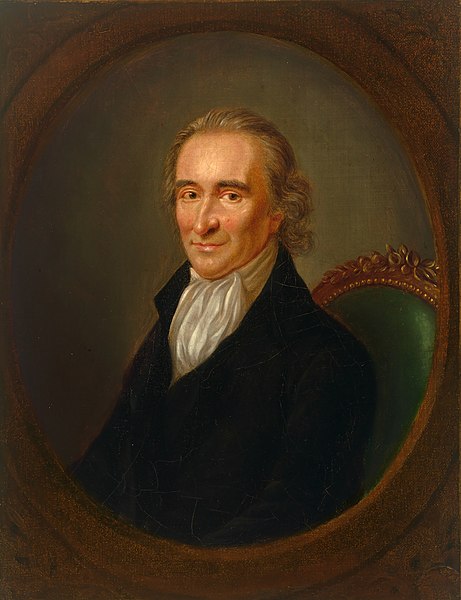
Thomas Paine (1737-1809) was an influential political activist, philosopher, and writer who played a crucial role in shaping the ideals and ideologies of the American and French Revolutions. He was born in England and later became a prominent figure in both the American and European Enlightenment movements.
Paine’s most famous work is “Common Sense,” published in 1776, which advocated for American independence from British rule. The pamphlet made a compelling case for the principles of democracy, individual rights, and the idea that governments should derive their power from the consent of the governed.
“Common Sense” had a significant impact on public opinion and helped rally support for the American Revolution.
In addition to “Common Sense,” Paine authored other influential works, including “The Rights of Man” and “The Age of Reason.” “The Rights of Man” defended the principles of equality, human rights, and the need for political reforms in the face of aristocratic privilege and monarchical rule. “The Age of Reason” criticized organized religion and advocated for individual spiritual beliefs based on reason and natural law.
Paine’s writings were characterized by their straightforward and accessible language, making his ideas accessible to a broad audience. He believed in the power of reason and common sense to guide political and social change.
Paine’s ideas also extended beyond the American Revolution. He traveled to France during the French Revolution and actively supported its ideals of liberty, equality, and fraternity. Paine became a member of the French National Convention and was a vocal critic of the monarchy and the abuses of power.
However, Paine’s support for the French Revolution eventually led to his downfall. He fell out of favor during the Reign of Terror and was imprisoned in France for a time. Upon his release, he returned to the United States, where he faced criticism and marginalization due to his radical political views and criticism of organized religion.
10. John Greenleaf Whittier
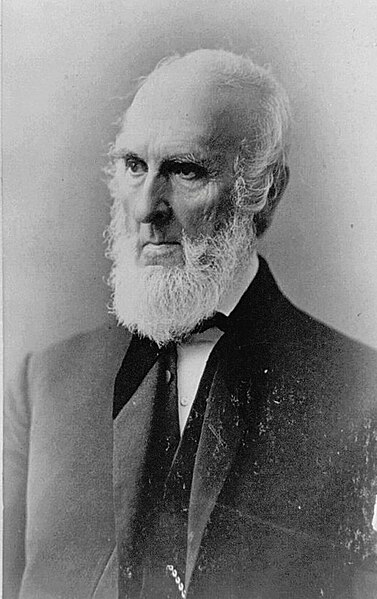
John Greenleaf Whittier (1807-1892) was an American poet, abolitionist, and advocate for social justice. He was born in Massachusetts and grew up in a Quaker family that instilled in him a strong sense of moral values and equality.
Whittier’s poetry often focused on themes of freedom, justice, and the abolition of slavery. He was deeply committed to the cause of abolition and used his poetry as a means of expressing his outrage against slavery and inspiring others to join the anti-slavery movement.
One of Whittier’s most famous poems is “Snow-Bound,” a nostalgic and descriptive work that celebrates the simple joys of rural life and family. Another notable poem is “Ichabod,” which harshly criticizes politician Daniel Webster for his perceived betrayal of the anti-slavery cause.
Whittier’s poetry often employed vivid imagery, emotional depth, and a strong moral stance. He believed in the power of literature to bring about social change and used his writings as a form of protest against injustice and oppression.
In addition to his literary pursuits, Whittier was actively involved in the abolitionist movement. He served as the editor of prominent anti-slavery newspapers and was a vocal advocate for the rights of African Americans. He worked closely with other leading abolitionists, including Frederick Douglass and William Lloyd Garrison.
11. James Dean
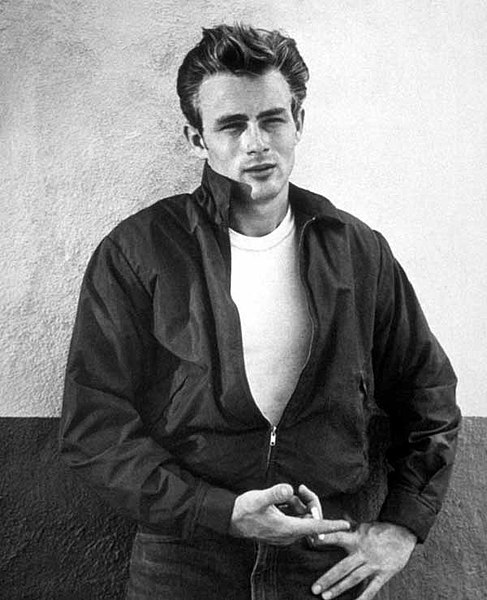
James Dean (1931-1955) was an American actor who became a cultural icon and symbol of teenage rebellion in the 1950s. He was born in Indiana and developed a passion for acting at a young age. Despite his relatively short career, Dean left an indelible mark on Hollywood and popular culture.
Dean’s most notable film appearances include “Rebel Without a Cause” (1955), “East of Eden” (1955), and “Giant” (1956). His performances were characterized by their intensity, brooding demeanor, and a sense of vulnerability. Dean had a naturalistic acting style that resonated with audiences and helped redefine the archetype of the troubled, misunderstood youth.
Dean’s personal life and untimely death also contributed to his iconic status. He lived fast, embraced a rebellious lifestyle, and had a reputation for being a nonconformist. On September 30, 1955, at the age of 24, Dean was killed in a car accident, which only heightened his mystique and added to his legend.
Despite his short-lived career, Dean’s influence on acting and popular culture continues to be felt. He is often cited as a major influence by subsequent generations of actors, and his image and persona have been celebrated and imitated in films, music, and fashion. Dean’s iconic status as a symbol of youthful angst and rebellion has made him an enduring cultural icon.
12. Richard Nixon
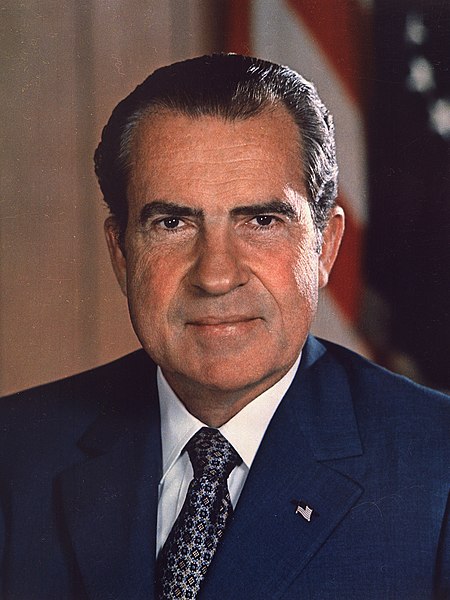
Richard Nixon (1913-1994) was an American politician who served as the 37th President of the United States from 1969 to 1974. He was born in California and rose to prominence as a Republican politician during the mid-20th century.
Nixon’s political career spanned several decades, beginning with his election to the House of Representatives in 1946. He later served as a senator and as Vice President under President Dwight D. Eisenhower from 1953 to 1961. Nixon ran for the presidency in 1960 but lost to John F. Kennedy in a closely contested election.
In 1968, Nixon successfully ran for President and was reelected in 1972. His presidency was marked by both notable achievements and controversies. Nixon implemented a series of domestic policies known as the “New Federalism,” which aimed to devolve power and resources from the federal government to state and local levels.
He also initiated diplomatic efforts to ease tensions between the United States and communist nations, including the policy of détente with the Soviet Union and the historic visit to China in 1972.
However, Nixon’s presidency was overshadowed by the Watergate scandal, a political scandal that involved the attempted cover-up of illegal activities conducted by members of his administration. As the investigation unfolded, Nixon faced impeachment proceedings and eventually resigned from office in 1974, becoming the only U.S. president to do so.
Nixon’s legacy remains complex. He is often remembered for the political achievements of his early career, such as his role in opening diplomatic relations with China. However, the Watergate scandal and subsequent resignation have had a lasting impact on public perception of his presidency.
13. Judy Dench
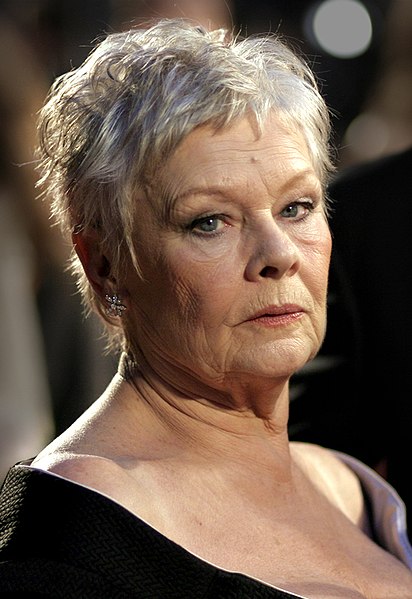
Dame Judi Dench, born Judith Olivia Dench in 1934, is a renowned British actress of stage and screen. She is widely regarded as one of the greatest actors of her generation and has received numerous accolades throughout her career.
Dench’s acting career spans over six decades, with notable contributions to theater, film, and television. She gained early recognition for her work in the theater, particularly for her performances with the Royal Shakespeare Company. Dench’s portrayal of Lady Macbeth and Cleopatra in Shakespearean productions showcased her versatility and garnered critical acclaim.
In addition to her stage work, Dench has left an indelible mark on the film industry. Her filmography includes a wide range of roles, from historical dramas to comedies and adaptations of literary works.
Notable films featuring Dench include “Shakespeare in Love” (1998), for which she won an Academy Award for Best Supporting Actress, “Mrs. Brown” (1997), “Philomena” (2013), and her portrayal of M, the head of the British Secret Service, in several James Bond films.
Throughout her career, Dench has received numerous awards and nominations, including multiple Academy Award nominations, BAFTA Awards, and Tony Awards. Her contributions to the arts were recognized with a Damehood from Queen Elizabeth II in 1988, elevating her to the status of Dame Commander of the Order of the British Empire.
Beyond her acting achievements, Dench is known for her philanthropic endeavors and her involvement in charitable causes. She has supported various organizations, including those focused on medical research and the performing arts.
